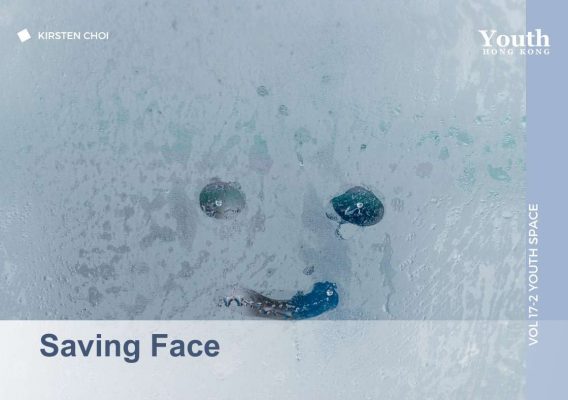by Kirsten Choi
How does the traditional Chinese concept of saving face conflict with the values of today’s youth?
There is a Rom-Com called “Saving Face.” It’s about a Chinese-American surgeon named Wilhelmina “Wil” Pang, a closeted lesbian. She dares not reveal her identity to her mother and her mother’s friends, as she worries about the way they would see her.
One day, however, Wil comes home and learns a long-kept secret. Her mother, Hwei-lan, has been kicked out of her grandfather’s house. At 48, she is unwed and pregnant–something her traditional grandfather believes has brought shame to their family.
So, each generation struggled to save face, for different reasons. But in both situations, they were avoiding conflict and reacting to the taboos of the times.
Saving face is a very Chinese concept. It is the idea where people could maintain their status, prestige and dignity by ensuring their reputation was intact, thus to avoid losing the respect of others. It is part of the culture that emphasises respect and authority. Many people, for example, would purposely avoid speaking too straightforwardly, or acting too casually, in case their mannerisms would be observed by others, leading to embarrassment or humiliation.
This is particularly apparent in older generations. I too have experienced the pressures of saving face. My grandmother says that I should always act tender and be more “feminine” with others to preserve my image. However, what she expects of me is extremely different from who I am. I’m not someone you can exactly describe as “tender,” but I am still caring. Also, I am feminine, but not the girliest “girly girl.” In her eyes, I don’t fit her ideal image of a perfect granddaughter. She is constantly telling me to be more presentable, so that people will look up to me. Her ideas gave me an immense amount of stress, self-doubt and worry back when I was younger, as if a brick wall was collapsing onto me.
We now prioritise authenticity over “face,” as it gives us the freedom to express ourselves.
These attitudes are very different among the younger generations, especially Gen Z. We believe that respect should be earned, not gained through pretentious acts and avoidant behaviour. We now prioritise authenticity over “face,” as it gives us the freedom to express ourselves. We are more prone to taking creative risks and following different routes. We are open to experimentation by pursuing exploratory and creative career paths, such as becoming influencers, e-sport players or online artists. As the world becomes more dynamic and innovative, and new ideas and thoughts start to emerge, shouldn’t conservative thinking also evolve to match these modern values and beliefs?
Some might argue that such changes can lead to generational gaps in families, which might cause conflicts. However, a generational gap can actually help both parents and children learn to respect each other. By acknowledging the differences in thinking, they develop a sense of mutual understanding and acceptance. Open communication avoids confusion and misunderstandings. I personally also try to think from their perspective and further understand why, how and what they actually mean. From that, I am able to foster critical and analytical thinking skills and become more patient. If they do the same and try to imagine things from my side, it will help them learn more about young minds and their notions.
Saving face may be all about authority, esteem and status by maintaining a certain public image and impression. But there can be a shift of ideas from saving face to prioritising authenticity, bringing about positive influences and adaptations. We, as young people of this diverse world, should all respect each other’s beliefs, whether you agree or disagree, as we can always learn different qualities from others and their views. ■
Kirsten Choi is a Form 2 student from Ying Wa Girls’ School who is passionate about writing and public speaking. As a participant in this year’s HKFYG English Public Speaking Contest, she believes that words connect people and act as the strongest form of communication. When she’s not writing or doing public speaking, she enjoys spending her time shopping and going to the beach.



